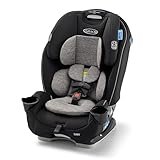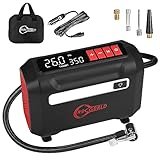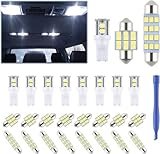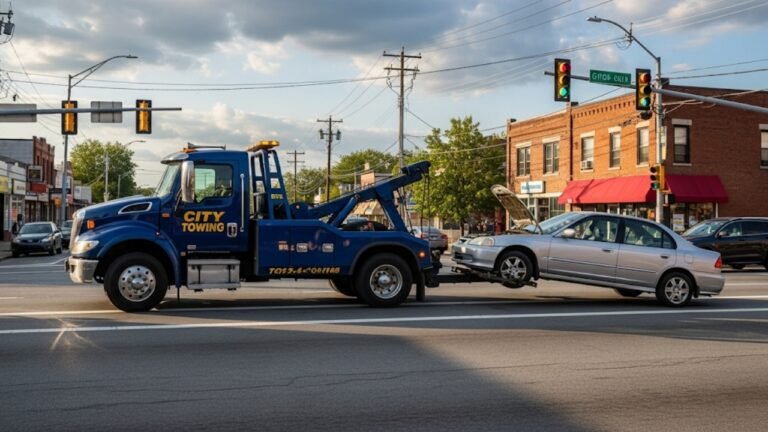Speed Limit for a Car Towing a Trailer on a Motorway
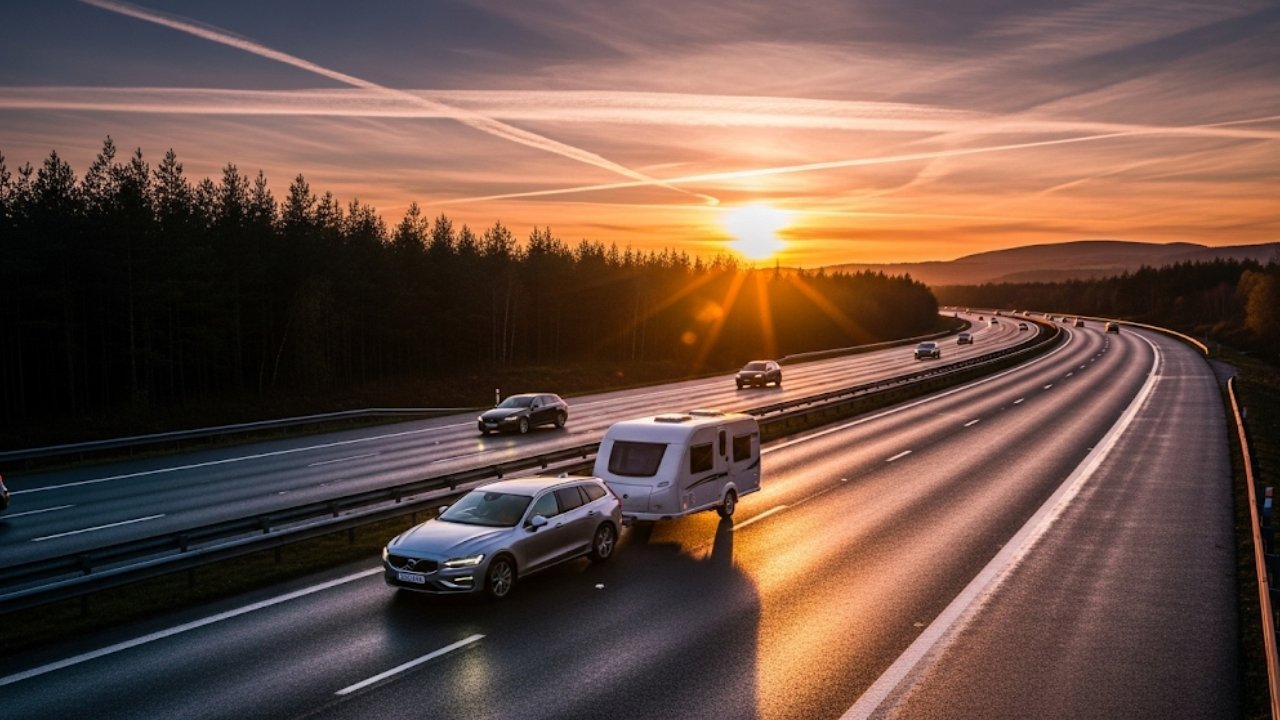
Picture this. You’re heading out on a much-awaited camping trip, trailer hitched, snacks packed, kids buzzing with excitement. The motorway opens ahead like a ribbon stretching to adventure. But suddenly — flashing lights. A fine. Why? Because you unknowingly exceeded the speed limit for a car towing a trailer on a motorway.
That small detail could turn your perfect weekend into a pricey mistake. Most drivers assume the same speed rules apply whether they’re towing or not. But towing changes the game — your car behaves differently, braking takes longer, and speed limits drop.
So, let’s take a friendly dive into what you need to know about towing speed limits, and why it’s not just about law — it’s about safety, control, and avoiding headaches on the road.
Understanding the Legal Speed Limits When Towing
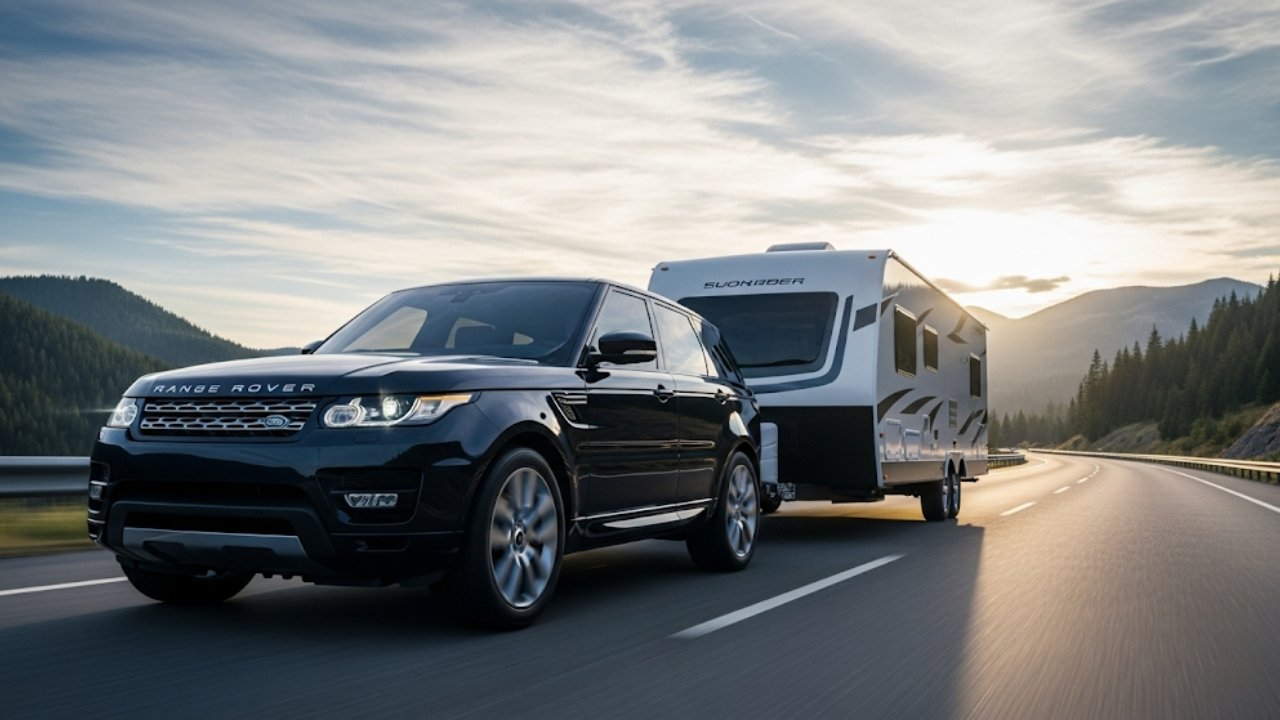
In most countries, including the UK, the maximum speed limit for a car towing a trailer on a motorway is 60 mph (96 km/h). That’s 10 mph slower than cars without trailers, which are allowed to go up to 70 mph.
Here’s a simple table to compare:
| Road Type | Speed Limit (Car Only) | Speed Limit (Car + Trailer) |
|---|---|---|
| Motorway | 70 mph | 60 mph |
| Dual Carriageway | 70 mph | 60 mph |
| Single Carriageway | 60 mph | 50 mph |
| Built-up Areas | 30 mph | 30 mph |
Key Takeaway: If you’re towing, shave 10 mph off the top legal motorway speed — always.
Why the Speed Limit Drops When You’re Towing
Speed limits aren’t just numbers on signs. They’re calculated based on physics, vehicle behavior, and crash data. When you’re towing a trailer, your car’s handling transforms.
Here’s what really happens under the hood (and behind it):
-
Increased Braking Distance: A trailer adds weight. That weight needs more time and distance to stop safely.
-
Reduced Maneuverability: Sudden swerves or overtakes? Risky. The trailer can sway or even jackknife.
-
More Wind Resistance: Towing adds drag, especially with a large boxy trailer. That impacts speed and fuel efficiency.
-
Risk of Instability: Higher speeds make the trailer more likely to wobble, especially in wind or when overtaking trucks.
Think of it like dancing with a partner: solo, you can spin and jump freely. Add a partner, and your movements must be coordinated, slower, and more deliberate.
So that 60 mph limit is more than a legal rule — it’s a safety buffer. Going over can endanger you, your passengers, and others.
Personal Story: A Lesson Learned the Hard Way
A few years ago, I borrowed my cousin’s trailer to help him move. It was my first time towing anything bigger than a bike rack. Confident and a little cocky, I cruised down the M1 at 70 mph, feeling in control.
But then the trailer started to wobble.
At first, it was just a little shimmy. But within seconds, it felt like the back of the car had a mind of its own. I had no idea what to do. Instinctively, I hit the brakes — wrong move. The trailer swung harder. It took every ounce of focus to gently slow down and regain control.
I pulled over, heart pounding. A highway patrol officer soon pulled in behind me. He explained — kindly but firmly — that the speed limit for a car towing a trailer on a motorway was 60 mph, not 70. I had broken the law and almost caused an accident.
That moment taught me more than a manual ever could.
Trailer Towing: What the Law Expects From You
Besides sticking to speed limits, towing comes with extra rules. If you skip them, you risk fines, points on your license, or even a court date.
Here’s what to remember:
-
✅ You must have the right license: In the UK, drivers who passed their test before January 1, 1997 can usually tow heavier loads. Post-1997 drivers have stricter limits.
-
✅ Check your trailer weight: The combined weight of the trailer and its load must not exceed your vehicle’s towing capacity.
-
✅ Fit proper towing mirrors: If the trailer is wider than your car, you need extended side mirrors.
-
✅ Ensure trailer lights and brakes work: Faulty lights or no brake system? That’s illegal and dangerous.
-
✅ No right-lane use on motorways: When towing, you’re not allowed in the outside lane of a three-lane motorway.
These aren’t just box-ticking rules. They’re designed to keep everyone on the road safe — including you.
How Different Countries Handle Towing Speed Limits
Speed limits vary across borders. If you’re planning to tow across Europe, or maybe even Australia or the U.S., know the local laws.
Here’s a quick peek:
| Country | Motorway Towing Speed Limit | Notes |
|---|---|---|
| UK | 60 mph | Illegal to use right lane when towing on a 3-lane motorway |
| Germany | 80 km/h (50 mph), or 100 km/h | Must meet trailer stability standards for 100 km/h permit |
| France | 90 km/h (55 mph) | Reduced to 80 km/h when raining |
| Australia | 100 km/h | Varies by state; trailer brakes often required |
| USA | 55–65 mph | Depends on the state. California is strictest (55 mph) |
Always check local rules before towing abroad. Ignorance isn’t a defense — and those fines can hurt.
Factors That Influence Safe Towing Speeds
Even if the legal speed limit for a car towing a trailer on a motorway is 60 mph, that doesn’t mean you have to drive at that speed all the time. Speed depends on:
-
Weather conditions: Rain, fog, snow? Slow down.
-
Road surface: Uneven roads affect trailer control.
-
Trailer load: Heavier or unevenly packed trailers are harder to manage.
-
Driver experience: New to towing? Take it easy. Stay in the slow lane.
-
Traffic flow: Don’t push to keep up if it’s not safe.
Towing safely is a bit like riding a bike with someone on the back. You can move fast — but only if you’re balanced, confident, and alert.
Penalties for Breaking the Towing Speed Limit
Breaking the speed limit while towing isn’t just dangerous — it’s expensive. In the UK and many other countries, penalties for towing too fast include:
-
Fines of up to £100 on the spot (or more in court)
-
Penalty points on your license (usually 3 to 6)
-
Higher insurance premiums
-
In serious cases, disqualification or a court summons
Imagine being stopped mid-journey with your trailer, the kids in the back, and suddenly you’re handed a fine and points — not exactly the memory you want to make on a family getaway.
And if an accident happens while you’re speeding? Your insurance may refuse to cover the damage. That’s not just your wallet talking — it’s your entire future on the road.
Following the speed limit for a car towing a trailer on a motorway protects more than just your license. It protects your peace of mind.
Fuel Efficiency and Towing Speed: What You Don’t Expect
Here’s something most drivers never think about: Speed affects fuel efficiency — big time — especially when towing.
When you increase your speed from 60 mph to 70 mph, fuel consumption can jump by up to 20% or more. That’s because towing increases drag, and the faster you go, the harder your engine works to fight the wind.
Think of it like pushing a shopping cart. Walk, and it’s easy. Sprint, and suddenly it feels twice as heavy. That’s your car with a trailer behind it.
Sticking to 60 mph not only keeps you legal, but also:
-
Saves fuel (and money)
-
Reduces emissions
-
Keeps the engine cooler
-
Lowers the strain on brakes and tyres
So, when someone zips past you at 70 mph, don’t feel left behind. You’re not just safer — you’re smarter.
The Myth of “It Feels Fine” — Trust the Law, Not Your Gut
Many drivers say, “It felt fine to drive at 70,” or “I’ve done it a hundred times with no issue.”
But that’s like saying you’ve crossed a busy road without looking — and never been hit yet. Speed rules are built from real crash data, not feelings.
Your trailer might feel stable — until it doesn’t.
-
A crosswind hits.
-
A lorry overtakes.
-
The road dips suddenly.
-
Your tyre bursts.
At 60 mph, you may have enough time to react. At 70 mph while towing? The margin for error shrinks — fast.
Don’t learn the hard way like I almost did. Trust the data. Trust the law. And most importantly, trust your instincts only after learning the rules.
Psychological Pressure on Motorways — And How to Handle It
Let’s be honest. When you’re towing at 60 mph and cars are flying past at 70 or more, it’s intimidating. You feel:
-
Judged
-
Slow
-
In the way
But here’s the truth: You’re doing the right thing. That’s what matters.
Every motorway has a left lane for a reason. Stick to it. Stay calm. Let others overtake. You’re not slowing them down — they’re just going faster.
Sometimes, you’ll feel the need to “keep up.” Resist that urge. Safety isn’t a race.
Remember: you’re carrying precious cargo — whether it’s your family, your pets, or your work equipment. And that deserves caution, not speed.
When Can You Tow at 70 mph? The Rare Exceptions
There are very few situations where you can tow at 70 mph. But let’s mention them for clarity.
In some countries, special permits or approved trailers allow towing up to 70 mph (or 100 km/h), such as:
-
In Germany, trailers that meet specific safety requirements and are certified for 100 km/h
-
On certain US highways with higher limits for trailers, if state law allows it
-
With very light trailers in some regions, depending on vehicle specs and load
But even then — it’s only allowed if your vehicle, trailer, and the road meet specific standards. For most of us, the 60 mph rule still applies.
When in doubt? Stick to the safe side.
FAQs: Common Questions About Towing on a Motorway
1. What is the speed limit for a car towing a trailer on a motorway?
Answer: It’s 60 mph (96 km/h) in the UK and in many other countries. Always check local rules when driving abroad.
2. Can I use the fast lane while towing?
Answer: No. If the motorway has three or more lanes, you must not use the right-most lane while towing.
3. What happens if I exceed the towing speed limit?
Answer: You can be fined, get penalty points, and possibly face insurance issues if you’re in an accident.
4. Is cruise control safe when towing a trailer?
Answer: Yes, but only on clear, flat motorways. Avoid using cruise control in hilly areas, sharp curves, or in bad weather.
5. Do I need special mirrors when towing?
Answer: Yes. If your trailer is wider than your car, you must use towing mirrors to see behind safely.
6. Can I tow with a regular car license?
Answer: It depends. In the UK, if you passed your test before 1997, you can usually tow heavier loads. After that, there are stricter limits unless you pass extra tests.
7. How do I know if my car can tow safely at 60 mph?
Answer: Check your vehicle handbook or manufacturer’s website for maximum towing capacity and safety guidelines.
8. Is the 60 mph rule the same for caravans and trailers?
Answer: Yes. The same speed limit for a car towing a trailer on a motorway applies to caravans, horseboxes, utility trailers, and most towed units.
Conclusion: Towing Smart Means Towing Safe
Driving with a trailer is like carrying a secret responsibility on wheels. It’s not just your car anymore — it’s a team effort between vehicle and trailer. And the rules of the road shift accordingly.
The speed limit for a car towing a trailer on a motorway isn’t a suggestion. It’s a boundary set by engineers, policymakers, and safety experts who understand what can go wrong in a split second.
And honestly? Towing at 60 mph gives you more than safety. It gives you calm. It gives you fuel savings. It gives you the confidence that you’re doing it right.
So, next time you hitch up that trailer for a holiday, a house move, or an adventure — remember this guide. Play it safe. Drive with care. And let 60 mph be your happy place on the motorway.

